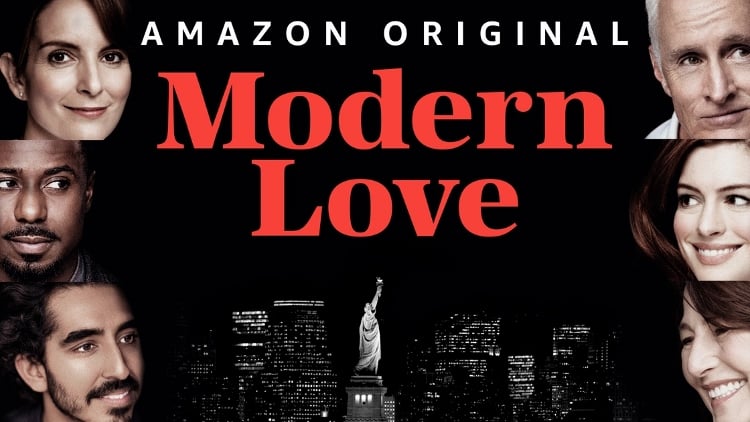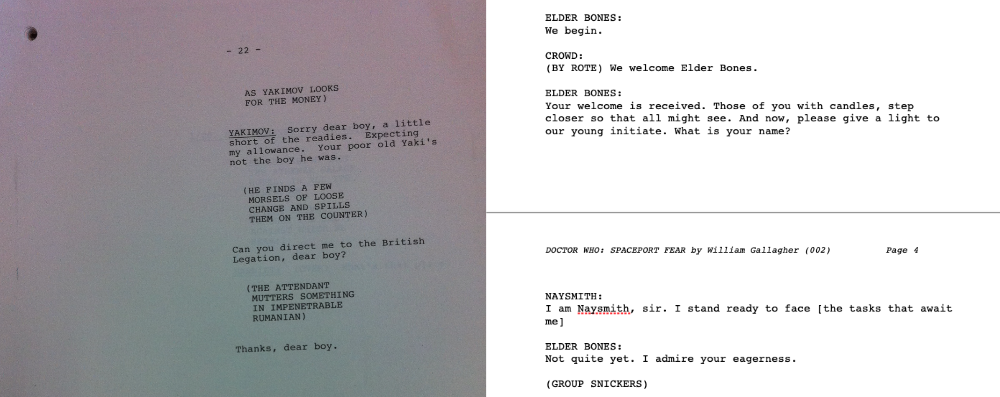It’s possible that you’ve noticed this, but the UK — or perhaps more correctly England, yet the whole nation is getting clobbered by it — is going through a protracted period of withdrawing from the world. I don’t think it’s planned, I see it as schoolboys folding their arms and believing everyone will come begging. But whatever is ultimately behind it, the result is that we’re more isolated and more turning our backs on everywhere else — except on television.
This week I saw Call My Agent for the first time and it is a delight, I’m feeling warm just mentioning it to you. I’m a single episode in and yet I’m already intending to eke out the series as the whole run isn’t all that long and I want to relish it.
And at the same time, I am regularly checking online to see when the next episodes of Lupin are available.
These are both French television dramas, both on Netflix. Other foreign language dramas are available and always have been, but not to the extent they are now. I’ve long been a sucker for subtitles: back when you used to flick through channels instead of menus of shows, if I caught something with a subtitle, I was locked in to the end because I had to read what came next. Had to.
But that was always late night on BBC2 or BBC4, and now high-budget, high-profile subtitled or dubbed foreign-language dramas are getting 70 million viewers.
Now, that 70 million is the figure for Lupin. Netflix rarely reveals figures unless they’re particularly good. It’s a curious thing about streaming video: none of the companies are required to publish their ratings, so none of them do until they’ve got a headline-worthy one. Even then, nobody can verify them.
And of course the 70 million for Lupin is a worldwide figure. Netflix hasn’t mentioned that the show apparently isn’t as popular in France as it is everywhere else, and Netflix certainly hasn’t said how many viewers were in the UK.
I think that’s actually part of how we’re seeing global dramas now. Netflix would presumably like a lot of viewers in the UK, but it doesn’t matter the way it used to. The UK doesn’t matter the way it used to. The UK used to be hugely important because it was a big importer of English-language television. The UK is the reason Australia’s Neighbours soap kept going for decades. It’s one of the reasons that America’s 1980s Fame lasted four more years in syndication after NBC cancelled its network television run.
I think that the just as network television is vanishing, so the idea of different territories for selling TV shows to is being erased. It’s not there yet, we still have BBC making daytime dramas that are really produced to be shown in primetime in other countries, specifically ones where rosy cosy images of England sell well.
But overall, television drama is on its way to becoming global and instead of that meaning everything becoming a bit more bland, a bit more safe, a bit more homogeneous, we’re somehow getting to see tremendous dramas we never used to. I can’t think of a time in British television history where we had French and Spanish dramas available on demand, where there actually is demand for them, or where foreign-language shows are being talked about as much as these are.
So as Britain tries to pretend the rest of the world doesn’t exist and anyway will can’t survive without us, we in the UK are getting to see more of the globe through the likes of Netflix, Amazon Prime, Disney+ and Apple TV+.
Except.
While I utterly love this, while I think it is fantastic that a great series can now punch far higher and wider than ever before, it’s not an accident. There is an element of how streaming services need libraries of material and here’s some material, let’s add that to the pile.
But it’s really because there is a quota.
I wrote an article about this in 2019 which reported that by the end of 2020, all streaming services would be required to have 30% of their libraries made locally. So if you’re an American service, as they all are, but you want to operate in France, you have to have 30% of your archive be made in that country.
Now, there are ways to fiddle this. Co-productions, co-financing, it all makes the country of origin be a little debatable. But back in 2019, the article I was commissioned to write was focusing on how, at the time, none of the services met the quota.
Netflix and Amazon Prime were close so I imagine they’ve made it. At the time, the then-new Apple TV+ looked like only about 6-7% of its small library was European. And Disney+ was believed to have 4.7%. I don’t know if they caught up and I can’t seem to find out, but it must’ve been a struggle.
Although I did think of a solution for them. Since the required quota was a percentage of their library, you can see how they could each fiddle the figures. Just remove a hell of a lot of shows from the European versions of Netflix, Amazon, Apple and so on. There are already extensive differences between the libraries available in any given country, because of rights and contractual issues. So I’m honestly surprised they don’t appear to have done that because it’s a lot easier to take a show off your list than it is to make or buy more series.
Instead, while I don’t have figures for this part, it does seem as if the services have bought, made, or co-produced more series to meet this quota.
And it definitely seems that this has worked for them in more than just box-ticking legal-form quota requirements. Now that we are seeing foreign-language series and these streaming services are seeing that we’re seeing them, we’re going to get more. We’ll get more because these shows are popular, not because they fit a criteria.
That’s the bit I love. Show people new drama and it works. We are now seeing more global hits that are a success not because their good bits are ironed out to make them palatable globally or because they’re the TV equivalent of Easy Listening. We’re seeing them because they are fresh and great and they are showing us parts of the world we perhaps didn’t see, even when we were part of the EU.
I love, I deeply love how I’ve ended up in massive conversations about Il Ministero Del Tempo, a Spanish time-travel series. It makes me so happy that the conversations were never about the fact that it’s in Spanish, they were always about how such a great show shot itself in the foot so badly with one episode that we all stopped watching the series.
Drama is bringing us together even as other factors are keeping us apart. Writing is bringing us together and it is reaching out across nations and languages. It is so great.
Except.
I said there was a quota. It’s a European Union quota.
We in the UK are benefiting from an EU quota not because we’re part of the European Union, not because we have any say anymore, but because as far as all streaming services are concerned, we just don’t matter. Nobody’s going to go whoo-hoo, we can have less than 30% locally-produced shows in the UK, they’re just going to lump us in with the rest of the continent.
The world is global regardless of what the UK, or perhaps most specifically England, seems to think.
I can get a bit miserable about the state of the nation and the state of politics, but if the UK is sidelining itself, at least I’ve got 23 more episodes of Call My Agent and another half a season of Lupin to relish.

